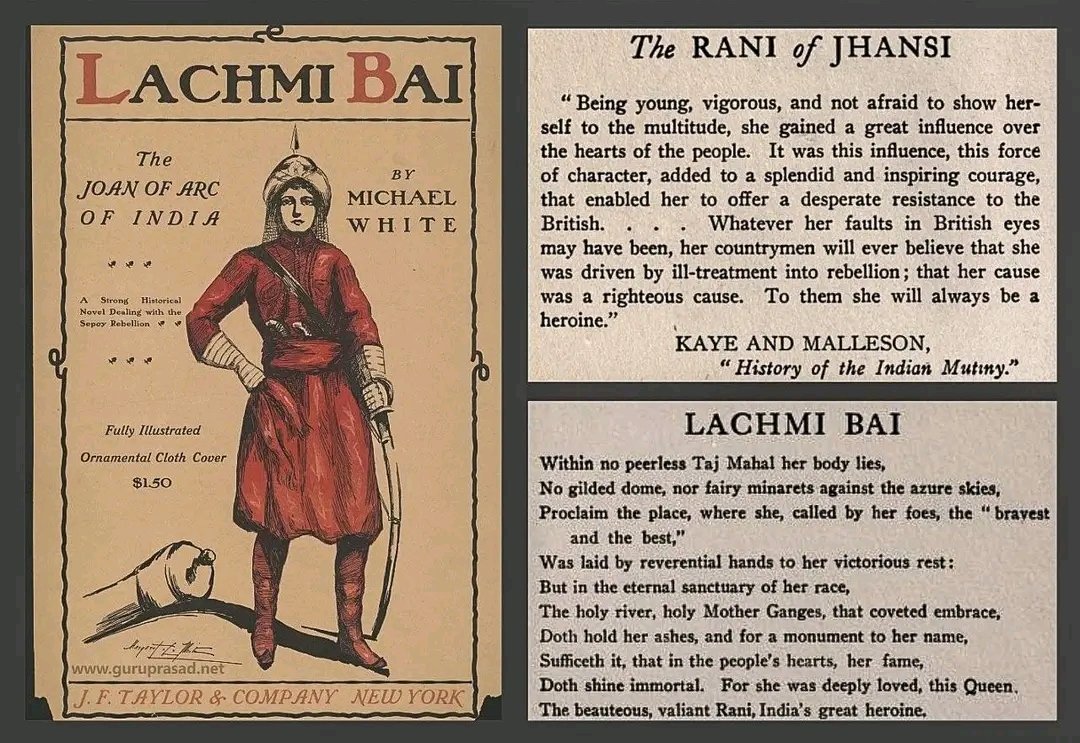The aftermath of the 1921 Moplah Terror had come to Doctorji as a shock.
Indian Muslims had proved themselves Muslims first and Indians only secondarily so that when the Khilafat was given up in Turkey, they withdrew from the allied movement for national independence.
Indian Muslims had proved themselves Muslims first and Indians only secondarily so that when the Khilafat was given up in Turkey, they withdrew from the allied movement for national independence.

The whole atmosphere was charged with Muslim fanaticism. ‘Allah ho akbar’ and not ‘Bharat mata ki jai’ was heard everywhere. Soon there were Muslim riots in Bannu, Kohat, Multan, Nagpur, Kanpur and elsewhere.
‘These are not Hindu-Muslim riots,’ he would say. ‘These are Muslim riots because in every single case it is they who start them and go on the offensive.’
These riots culminated in the Moplah atrocity, completed with arson, loot, murder, rape and forced conversion.
These riots culminated in the Moplah atrocity, completed with arson, loot, murder, rape and forced conversion.
The nation was dazed. And Doctorji wondered: ‘Is it Khilafat (restoration of Khalif) or Akhilafat (catastrophe for all)?...’
It became evident that the Hindus were the nation in Bharat and that Hindutva was Rashtriyatva.
It became evident that the Hindus were the nation in Bharat and that Hindutva was Rashtriyatva.
While wishful thinkers pretended not to see the writing across the national political firmament, the realist in Dr Hedgewar refused to dream up wishy-washy dreams. The truth was out. Only Hindus would free Hindustan and they alone could save Hindu culture.
Only Hindu strength could save the country. There was no escape from the logic of facts. Hindu youth had to be organised on the basis of personal character and absolute love of the motherland. There was no other way.
The agony of the great soul expressed itself in the formation
The agony of the great soul expressed itself in the formation
of the Rashtriya Swayamsevak Sangh. With five friends he started the day-to-clay programme of RSS. The great day was the auspicious Vijaya Dashami day of 1925.”
#KeshavBaliramHedgewar
#Doctorji
#Punyasmaran
#VANDEMATARAM
#KeshavBaliramHedgewar
#Doctorji
#Punyasmaran
#VANDEMATARAM
• • •
Missing some Tweet in this thread? You can try to
force a refresh

 Read on Twitter
Read on Twitter








